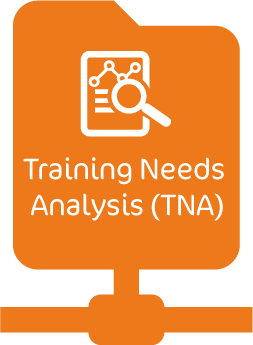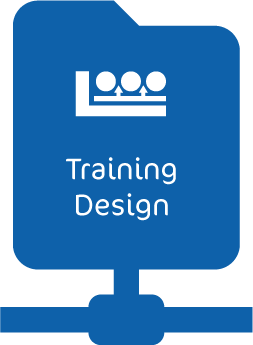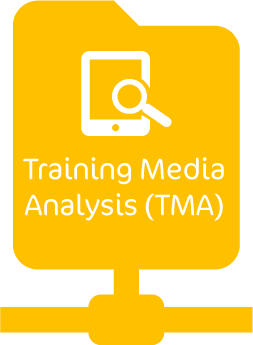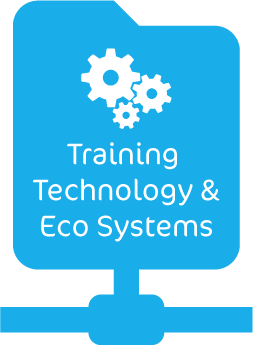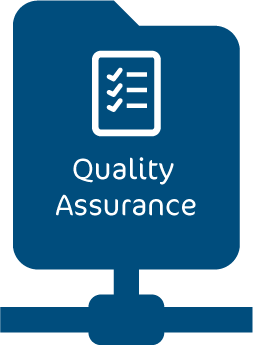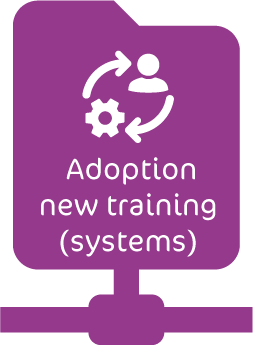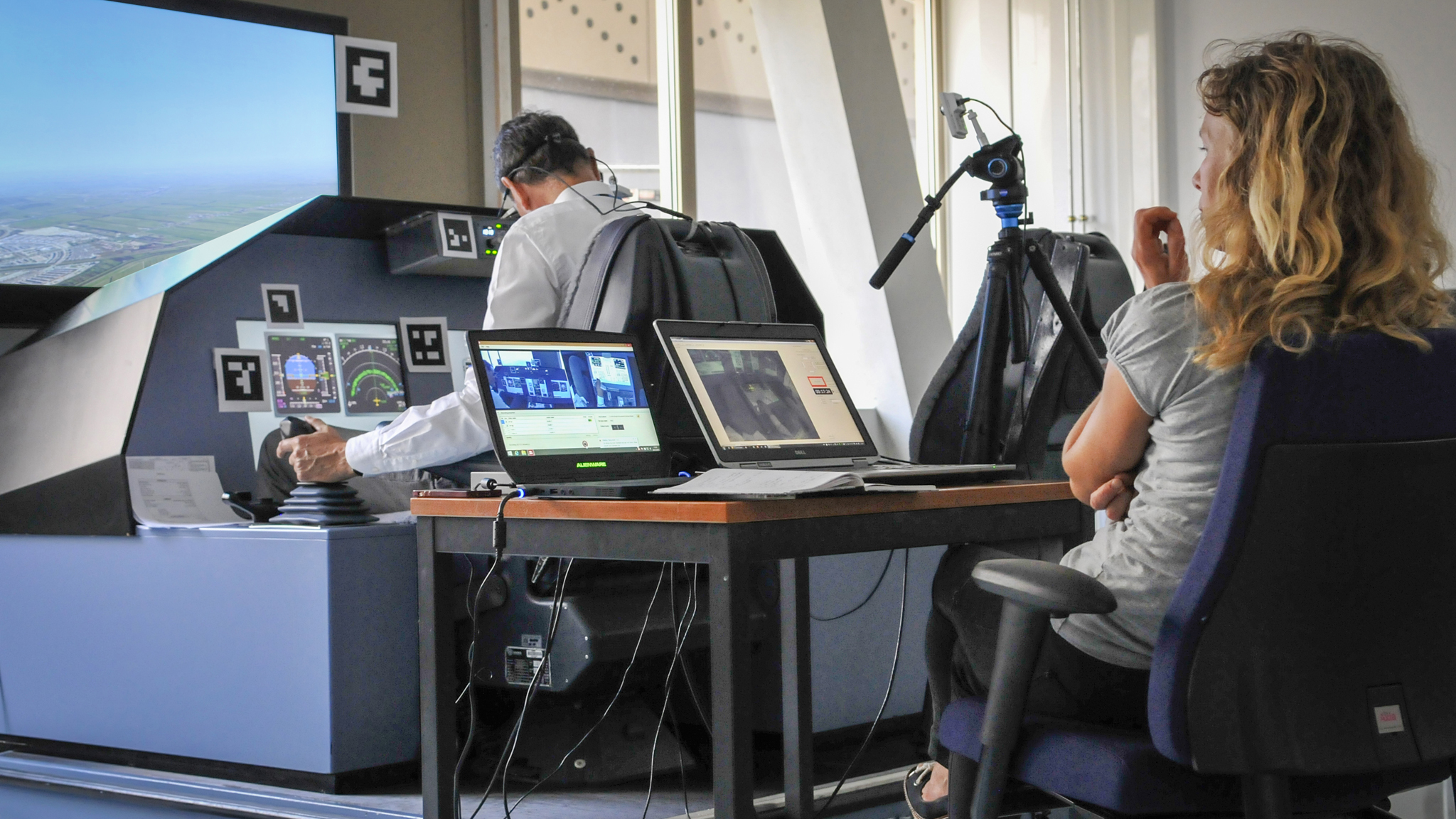
Fit for purpose training environments
To assure continuous deployment and mission readiness, military forces need to make their training more effective and efficient. The time spent flying must be as effective as possible. This means more customised and less expensive training. This can be achieved through an optimum blend of live, low-level and high level fidelity simulated training, along with learning analytics, to be able to continue tailoring the training toward personal or broader training needs. Royal NLR believes a modern vision of training requires a holistic instructional design approach that is well prepared for the high level of integration and interoperability of systems. Only then can a thorough genuine understanding of training needs, analysis of simulation and evaluation requirements be guaranteed.
Discover how NLR can support you to (re)design your training for complex jobs
The ADDIE approach from Royal NLR is based on 4C/ID instructional design system. This stands for learning complex skills in a realistic context using four main ingredients: whole task training, part task practice, supporting theory and just-in-time information. In addition to 4C/ID, we advocate Performance Based Training, in which each individual receives customized training on the most suitable moment and blend of training media, based on learning analytics. Finally, qualification and certification close the (re)design cycle.
Training Needs Analysis (TNA)
Analyse operational training needs and determine of the required competences through a Training Needs Analysis. The result is an competency based qualification profile that can be used as input for the training design.
Training Design
Produce a rough outline of the training course. Define the learner scenarios and goals in line with the training needs. Determine and assemble the required whole tasks and position the supporting and procedural information where required. The result is a blue print of the training that can be used to development the training syllabus and to define training media requirements.
Training Media Analysis (TMA)
Develop the training syllabus and select training media like simulation, AR/VR, after action review support tools, books, e-learning etc. In case no suitable media is available user requirements need to be specified. The result is a training ‘fit for purpose training environment’ in which the training media are well balanced and properly integrated into the competency based training design.
Training Technology & Ecosystems
Assuring that the training media adhere to the defined user requirement often requires technical development or improvement. E.g. development of targeted fidelity VR based simulators, interconnectivity between different simulation platform or date gathering in support of learning analytics are requirements that might not be available in current systems. Complex training systems for large organisations will benefit from a well-defined perspective and well-integrated components of the total system: a learning ecosystem.
Learning Analytics
Critical to Competency and Performance Based training is learning analytics. It is the engine of modern learning ecosystems, providing a process to select, gather and analyse more detailed data on proficiencies.
Quality Assurance
Verifying, validating, evaluating and qualifying simulation and digital training devices in any phase of the lifecycle is extremely important. The result will allow maximum advantage to be taken of the blend of simulation and digital training media within civil and military education & training programmes.
Adoption of new training
Changing a training method can also entail a cultural change. To guide an organisational change, three main factors are of importance: stakeholder involvement, trainer and trainee mentoring and evaluation and feedback. Tackling these factors is a necessity to ensure success when implementing change.
